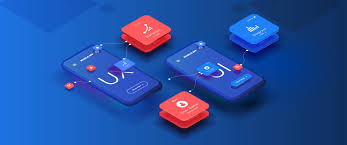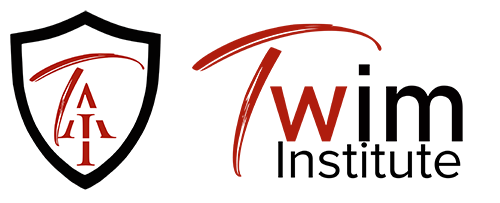
If you are a newbie just getting into tech and would desire a tech course that would not require you to be involved in coding, then, this article is for you.
To be honest, most tech courses would require coding, however, this does not mean you can’t have any access to courses that wouldn’t require this.
In this article, I would be reiterating what is popularly known as UI design. The UI design (User Interface design) is different from the UX design, though, they are somewhat similar.
User interface (UI) design is the process of designing the interface of a digital product, such as a website or mobile application, to make it visually appealing, easy to use, and accessible to users. UI design plays a critical role in creating a positive user experience (UX), as it determines how users interact with and perceive the product.
UI design typically involves a range of design elements, such as typography, color scheme, layout, and visual hierarchy, among others. It also involves considering the user’s needs, goals, and preferences, as well as the product’s purpose and target audience.
While UI design can involve coding, it is not a requirement. There are many UI design tools and software that allow designers to create mockups and prototypes of their designs without writing any code. Some popular UI design tools include Figma, Sketch, Adobe XD, and InVision.
UI designers typically work closely with UX designers, product managers, and developers to ensure that the design meets the product’s requirements and aligns with the overall product vision.
Why is UI Design a Good Choice for Non-Coders?
UI (User Interface) design is a great option for those who want to get into tech but do not want to code. Here are a few reasons why:
High Demand
UI design is in high demand in the tech industry, and this trend is likely to continue. As more and more products and services become digital, there is a greater need for professionals who can design user interfaces that are intuitive and engaging.
Creativity
UI design allows you to be creative and express your ideas visually. You get to work with colors, typography, layouts, and other design elements to create aesthetically pleasing and user-friendly interfaces.
Problem-Solving
UI design involves problem-solving skills, which can be a great challenge for those who enjoy critical thinking. As a UI designer, you need to understand user needs, behaviors, and preferences to create an interface that meets their expectations.
Flexibility
UI design is a versatile skill that can be applied to a variety of industries, such as e-commerce, education, healthcare, and more. This means you have the flexibility to work on different projects and industries, which can be a great learning experience.
Career Growth
As a UI designer, you can grow your career by expanding your skills and knowledge in areas such as UX (User Experience) design, information architecture, and front-end development. This can lead to higher salaries and better job opportunities in the long run.
Conclusion
Overall, UI design can be a rewarding career choice for those who want to get into tech but do not want to code. It requires creativity, problem-solving skills, and a keen eye for detail, making it a great fit for those who enjoy working with design and technology.
Find out more about our courses at Twim Institute or chat at +2349033279205 for more inquiries.




